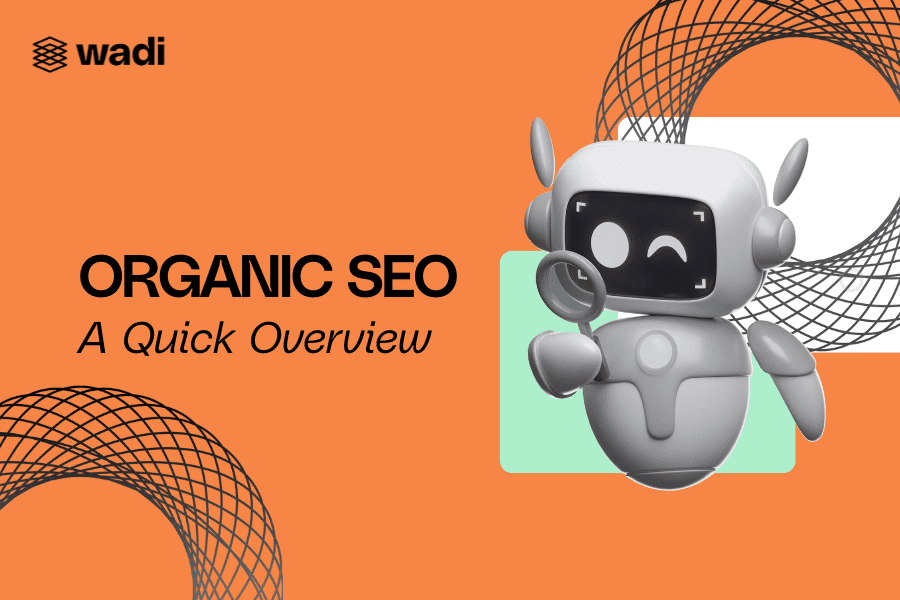Table of Contents
ToggleYou may have read or heard about the current Google update. We have created this info sheet to provide you with a top-level overview of what this update is targeting.
What is a Google Update?
Google periodically updates its ranking algorithm. Often, these updates are simply small modifications that don’t have a significant impact. However, Google occasionally releases a broad core algorithm update that does have a profound impact across multiple industries.
In August, Google announced it would be rolling out such an update, which it called the “Helpful Content” update. It was first launched on August 25th and will continue to be rolled out over the coming weeks.
What is the helpful content update?
According to Google, the update “aims to better reward content where visitors feel they’ve had a satisfying experience, while content that doesn’t meet a visitor’s expectations won’t perform as well.”
In practice, this means that Google will:
- Identify content that has ‘low’ value
- Classify this content as ‘unhelpful’
- Websites with a relatively high amount of unhelpful content will be downgraded
Note: This downgrade will impact the entire website, not just the ‘low’ value content pages.
What is unhelpful content?
Unhelpful content essentially means content that doesn’t satisfy the user query to the fullest extent.
For example, content on a complex tech-related topic that’s written by someone that doesn’t have the necessary expertise.
Or, content that’s primarily focused on satisfying search-engine criteria, rather than providing quality for the reader.
Another example is websites that have a lot of indexed pages with thin content that offer little value to users, such as search pages on ecommerce sites.
What do we need to do?
1. Write for your audience
Take the time to understand what your audience is looking for and what they expect to see from your content.
Avoid writing about topics that aren’t within your area of expertise, and ensure each piece of content is tailored to meet the audience query, and not just to rank for certain keywords.
2. Focus on quality over quantity
Word count shouldn’t be a criteria, instead, it should reflect the level of depth and comprehensiveness that the topic warrants. Don’t try to meet word counts using filler content that doesn’t offer value.
That said, when a topic is complex and does require an extensive article, ensure that the topic is covered comprehensively and adequately satisfies the user query
3. Don’t overoptimize
Focus on providing thoughtful, unique, and readable content, rather than adding unnecessary sections just to include additional keywords. Also, don’t be afraid to break up keyword phrases and use synonyms if it aids readability.
4. Reduce the no. of indexed pages
Review the number of indexed pages and ensure that they all offer value to readers. Search result pages, URL parameters, duplicate content, etc. should all be deindexed
5. Provide unique information
Far too many high-ranking articles on the same topics are very similar and aren’t offering any unique information. Moving forward, Google will reward pages that offer unique insights that cannot be found elsewhere
6. Prune unhelpful content
Audit the content on your website and remove/redirect pages that have very little value. I.e:
- Low word count
- Low traffic
- Low link metrics
- Low revenue
- Not topically relevant
Manually review pages that have these issues and determine whether they’re helpful to end users. If not, remove the page from your site.
7. Add trust signals
Google and readers want to know if the content they’re reading is trustworthy, reliable, and based on the author’s expertise and experience. Ensure that the author’s credentials are prominently displayed.
These can include a biography that details their relevant experience, links to social media profiles, and any other information that boosts their credibility.






